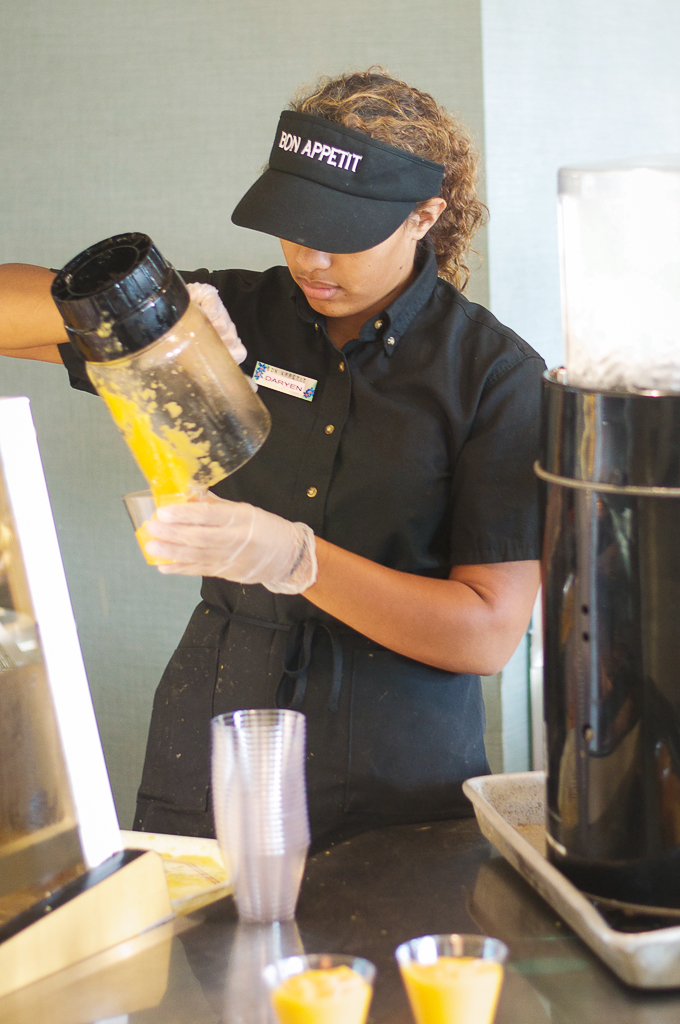As this semester comes to a close and conversations and daydreams consist increasingly of future plans, I find myself looking forward to my third on-campus job as an undergrad at Biola University. I’ve spent a year working in ResLife as an resident assistant on a floor in Hart Hall called Haven and in SMU as the director of missional development. As I approach my fourth and final year at Biola, I now look forward to writing for the Chimes.
In my most recent job search, I discovered something about myself that I am not proud of at all. I realized that I view some jobs on campus very highly, while I hold others to possess little significance. I was actually a little bit surprised that, when asked if I had considered working for the Caf, my words came out something like, “Well not unless I really have to.” Wow! Where did that come from? Was it simply a lack of interest, or had I come to believe that I was somehow above that?
As I began processing my own thoughts, I started to wonder if they were unique to me or if this reaction is common within our community. When I began to ask around, I found the general consensus was that many students feel their fellow Biolans view them and treat them differently based on their job.
How does the job someone works shape the way that you think about them? Do you treat people with different amounts of respect based on the job that they work?
I have talked to students who have worked a variety of student jobs, and all agreed that there is some sort of social stratification based on your job title. Now, before we delve any deeper, I think it is important to make three considerations.
The first is that this is really about social classes, which is a universal issue within all societies whether we like it or not. Secondly, in America we live in a culture where classified status is achieved rather than ascribed. This means that in our society, status is acquired on the basis of achievement rather than our family line. The third consideration we ought to make is that certain positions intrinsically involve leadership, and leadership intrinsically involves a greater amount of responsibility and higher expectations. For example, in 1 Timothy 3 Paul lays out a special set of expectations for church leaders. In the same way, we must accept greater expectations for those considered student leaders.
With that said, let’s continue to ask ourselves how titles impact the value and the dignity with which we treat each other. Let’s strive to respect and treat everyone as if they truly were knit together by God himself. And for those of us who work student jobs, let’s fight the temptation to allow ourselves to be defined by what we do or what others think of us. Instead, let us find our identity in those simple truths that far surpass all other sources of identity: The God of the universe has made us in his image and has invaded this world to free us from the deadly grip of sin and make us his own sons and daughters.

Sophomore Daryen Thompson serves smoothies while working in the Caf during breakfast. Meagan Garton/THE CHIMES







